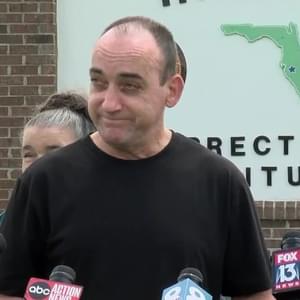Following an investigation indicating that Missouri may have executed an innocent man for the 1980 murder of Quintin Moss, New York Times columnist Bob Herbert wrote that the case was filled with problems that are typical of wrongful convictions in capital cases. Herbert stated that St. Louis circuit attorney Jennifer Joyce has taken “the extraordinary step of officially reopening a murder investigation after the defendant was executed,” adding that it is difficult to prove that an innocent person has been executed because official investigations cease once the death penalty has been carried out. Herbert wrote:
If Larry Griffin were being tried today for the murder of Quintin Moss, he would almost certainly be acquitted. The evidence is overwhelming that he did not kill Mr. Moss.
But Mr. Griffin is not being tried today. He has already been executed for the murder.
While significant, this development is not that much of a surprise to those who understand that human beings are fallible and that much of the criminal justice system in the United States is a crapshoot. Whether it is this case or some other, it is inevitable that we will learn of someone who has been executed for a crime that he or she did not commit.
Judges and juries are no less prone to mistakes than politicians, reporters, doctors, engineers or center fielders. Which is why the death penalty should be abolished.
(New York Times, July 14, 2005). Read more about this case. See Innocence.
Innocence
Mar 01, 2024

Death-Sentenced Philadelphia Prisoner Daniel Gwynn Exonerated After Nearly 30 Years
Innocence
Feb 23, 2024



